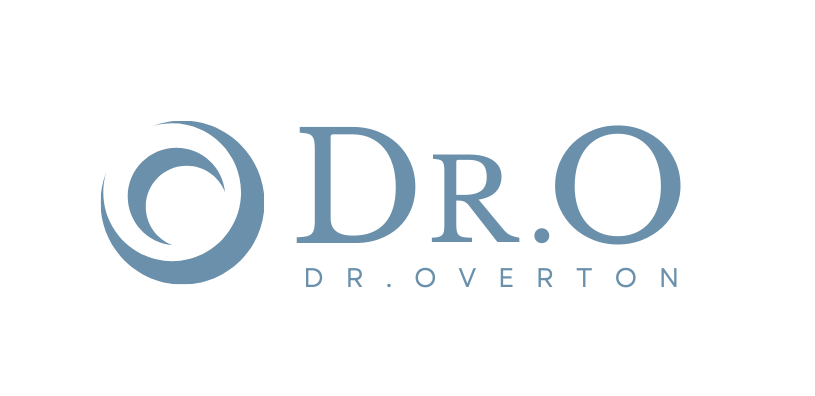The opioid addiction crisis has become a pressing issue, affecting countless individuals and communities. To combat this crisis, it is crucial to explore and understand effective treatment approaches that can help individuals overcome opioid addiction and reclaim their lives.
Understanding Opioid Addiction
Opioids are powerful drugs that can lead to addiction due to their effects on the brain and body. Factors such as genetic predisposition, prolonged use of prescription opioids, and social/environmental influences contribute to the development of opioid addiction. This addiction has far-reaching consequences, affecting not only individuals but also their families and society as a whole.
The Devastating Impact of Opioid Addiction
Discuss the devastating consequences of opioid addiction, including health risks, financial burdens, strained relationships, and the toll it takes on mental health and overall well-being. Highlight the urgency and importance of seeking effective treatment.
Available Treatment Approaches:
1. Medication-Assisted Treatment (MAT):
Medication-Assisted Treatment (MAT) is a comprehensive approach that combines medications with behavioral therapies to address opioid addiction. MAT utilizes medications such as methadone, buprenorphine, and naltrexone to help manage withdrawal symptoms, reduce cravings, and stabilize individuals in recovery. It addresses both the physical and psychological aspects of addiction, increasing the likelihood of successful recovery.
-
Methadone :
Explain how methadone is a long-acting opioid agonist that helps reduce withdrawal symptoms and cravings, allowing individuals to stabilize and lead productive lives.
-
Buprenorphine :
Discuss how buprenorphine is a partial opioid agonist that can be prescribed in office-based settings, increasing accessibility to treatment.
-
Naltrexone :
Explain how naltrexone is an opioid antagonist that blocks the effects of opioids, reducing cravings and the risk of relapse.
2. Behavioral Therapies:
Behavioral therapies play a crucial role in addiction treatment. These therapies help individuals understand the underlying causes of addiction, develop coping mechanisms, and learn strategies to prevent relapse. Cognitive-behavioral therapy (CBT), contingency management, motivational interviewing, and dialectical behavior therapy (DBT) are examples of effective behavioral therapies commonly used in opioid addiction treatment.
-
Cognitive-Behavioral Therapy (CBT) :
Explain how CBT helps individuals identify and modify negative thought patterns and behaviors associated with addiction, promoting healthier coping mechanisms.
-
Contingency Management :
Discuss how contingency management uses positive reinforcement to incentivize abstinence and encourage engagement in treatment and recovery-related activities.
-
Motivational Interviewing :
Explain how motivational interviewing aims to enhance an individual's motivation to change by exploring their personal values and goals.
-
Dialectical Behavior Therapy (DBT) :
Discuss how DBT combines elements of CBT with mindfulness techniques, helping individuals regulate emotions, improve interpersonal skills, and prevent relapse.
3. Holistic Approaches
Holistic treatment approaches recognize the interconnectedness of the mind, body, and spirit. These approaches complement medical and behavioral interventions by incorporating practices such as acupuncture, mindfulness, yoga, art therapy, and nutrition counseling. Holistic therapies promote overall well-being, reduce stress, and support individuals in their recovery journey.
-
Acupuncture :
Explain how acupuncture can help alleviate withdrawal symptoms, reduce cravings, and promote relaxation and well-being.
-
Mindfulness and Meditation :
Discuss the benefits of mindfulness and meditation in reducing stress, increasing self-awareness, and promoting emotional regulation.
-
Yoga and Exercise :
Highlight the importance of physical activity in supporting recovery, reducing stress, improving mood, and promoting overall health.
-
Art Therapy :
Explain how art therapy provides a creative outlet for self-expression, aiding in emotional healing and self-discovery.
-
Nutrition Counseling :
Discuss the role of nutrition in supporting recovery and overall wellness, emphasizing the importance of a balanced diet.
4. Inpatient and Outpatient Treatment Programs
FAQs - Frequently Asked Questions:
Yes, support groups provide a valuable source of peer support, understanding, and encouragement. Groups such as Narcotics Anonymous (NA) and SMART Recovery offer a safe space for individuals to share experiences, learn from others, and build a supportive network.
Conclusion
References:
Substance Abuse and Mental Health Services Administration (SAMHSA):
SAMHSA is a government agency that provides information and resources on substance abuse prevention, treatment, and recovery. It offers a treatment locator tool to find nearby treatment facilities.
National Institute on Drug Abuse (NIDA) :
NIDA is a research-focused organization that provides comprehensive information on drug addiction, including opioids. It offers resources on treatment approaches, research findings, and educational materials.
American Society of Addiction Medicine (ASAM) :
ASAM is a professional society dedicated to advancing the treatment of addiction. Their website provides information on evidence-based practices, treatment guidelines, and a directory of addiction specialists.
Narcotics Anonymous (NA) :
NA is a global community-based organization that offers support and recovery for individuals struggling with addiction. Their website provides information on meetings, literature, and resources for those seeking help.
SMART Recovery :
SMART Recovery is a science-based, self-help program that assists individuals in overcoming addictive behaviors. Their website offers resources, online meetings, and tools for recovery.
National Alliance on Mental Illness (NAMI) :
NAMI is a mental health advocacy organization that provides support, education, and resources for individuals and families affected by mental health conditions, including addiction.



COMMENTS